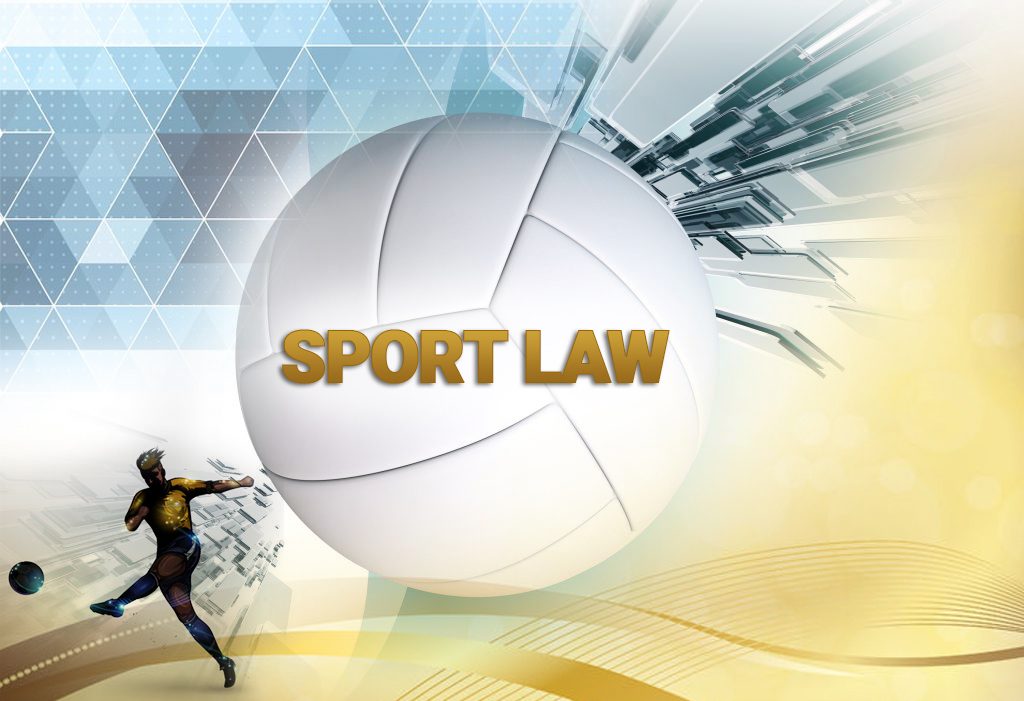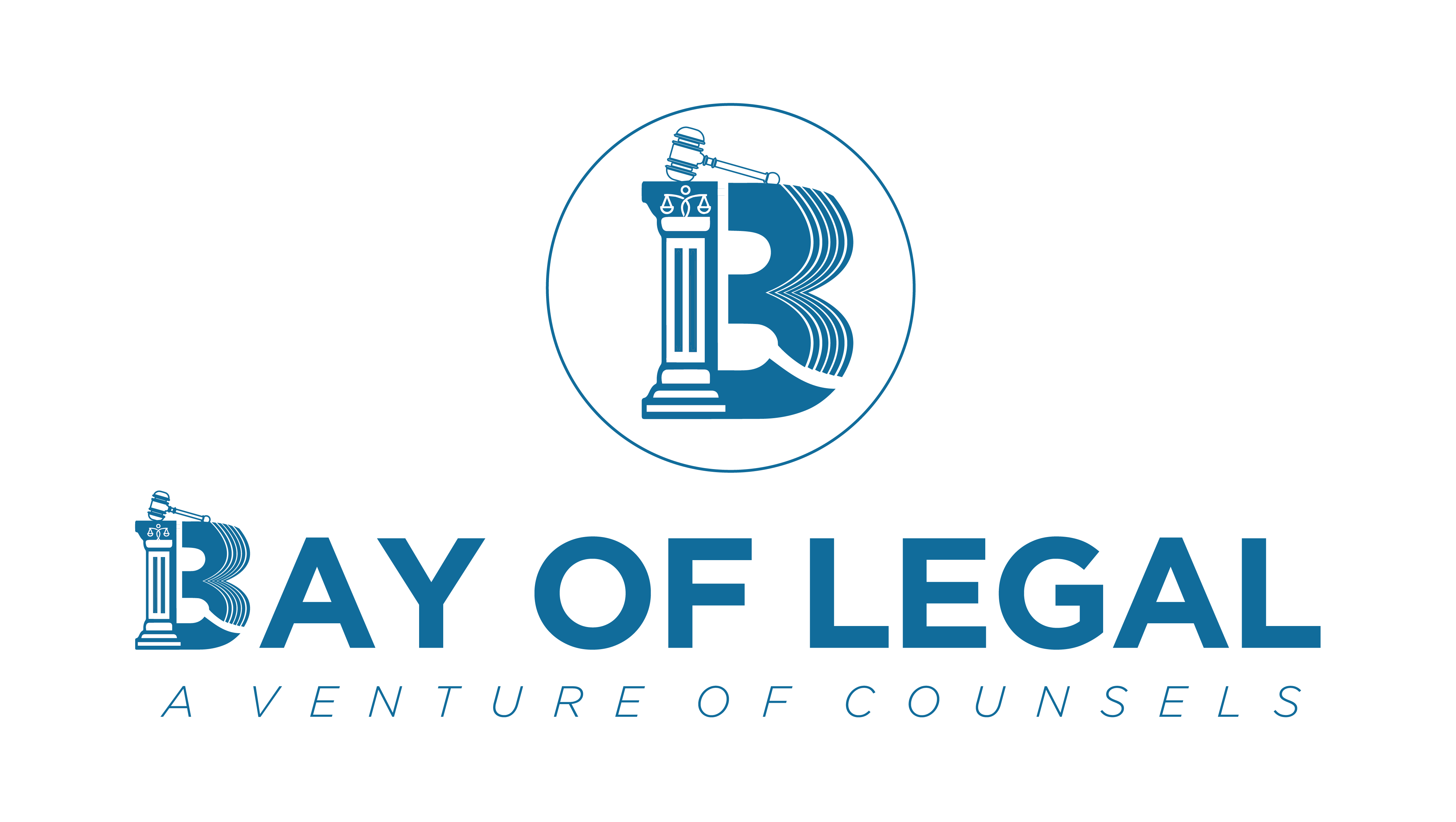Sports Law in Bangladesh

Get in Touch with Us
Sports law in Bangladesh is an emerging area of legal practice that addresses issues related to athletes, sports organizations, sponsors, and the regulation of sports activities. While Bangladesh has a rich sports culture, with cricket, football, and kabaddi being popular, its sports law framework is still developing. Here are some key aspects of sports law in Bangladesh:
1. Regulatory Framework
Bangladesh has a few formalized structures in sports law, with regulations overseen by various sports bodies and ministries.
The Ministry of Youth and Sports is the primary governmental body responsible for overseeing sports policies and promoting sports in the country.
National sports federations, such as the Bangladesh Cricket Board (BCB) and the Bangladesh Football Federation (BFF), have their own governing rules and guidelines.
2. Governing Bodies and Sports Federations
The BCB, BFF, and other sports federations play critical roles in managing the respective sports, conducting events, and ensuring adherence to international standards.
These federations often have their own legal teams to handle disputes related to contracts, sponsorships, broadcasting rights, and player grievances.
3. Player Contracts and Dispute Resolution
Player contracts often fall under civil and contractual laws, and disputes are resolved either through federation tribunals or in court.
Arbitration is sometimes used for dispute resolution, with parties opting to settle matters outside of court to maintain discretion and continuity in athletes’ careers.
4. Anti-Doping Regulations
Bangladesh is a signatory to the World Anti-Doping Agency (WADA) code and follows international anti-doping standards.
The Bangladesh Olympic Association and specific federations are responsible for implementing anti-doping regulations, conducting testing, and imposing penalties for violations.
5. Intellectual Property (IP) Rights
IP rights in sports, such as trademarking team logos, merchandising, and broadcasting rights, are protected under Bangladesh’s IP laws.
With the rise of digital media, issues related to online streaming and broadcast rights are also relevant and increasingly scrutinized in sports law.
6. Sponsorship and Commercialization
Sports in Bangladesh is highly commercialized, with corporate sponsorships playing a significant role, especially in cricket and football.
Contract law and competition law govern these sponsorship agreements, covering aspects like endorsement deals, brand partnerships, and exclusivity clauses.
7. Gender Equality and Inclusivity
While progress has been made, gender disparities remain in Bangladeshi sports. Legal frameworks are evolving to ensure greater inclusivity and protection against discrimination, encouraging the participation of women and marginalized communities in sports.
8. Challenges and Future Development
The lack of a comprehensive sports law framework leads to inconsistencies and gaps in handling sports-related legal issues.
There is a growing call for Bangladesh to adopt a national sports law that clearly defines rights, obligations, and dispute resolution mechanisms for all stakeholders, promoting accountability and professionalism in the sports sector.
Conclusion: Sports law in Bangladesh is at a developing stage, with significant opportunities for legal professionals as the sector evolves. Future advancements may include establishing specialized sports law firms, formalizing arbitration processes, and enacting a comprehensive sports law that protects athletes’ rights, regulates sports organizations, and fosters ethical and legal standards in sports activities across the country.
